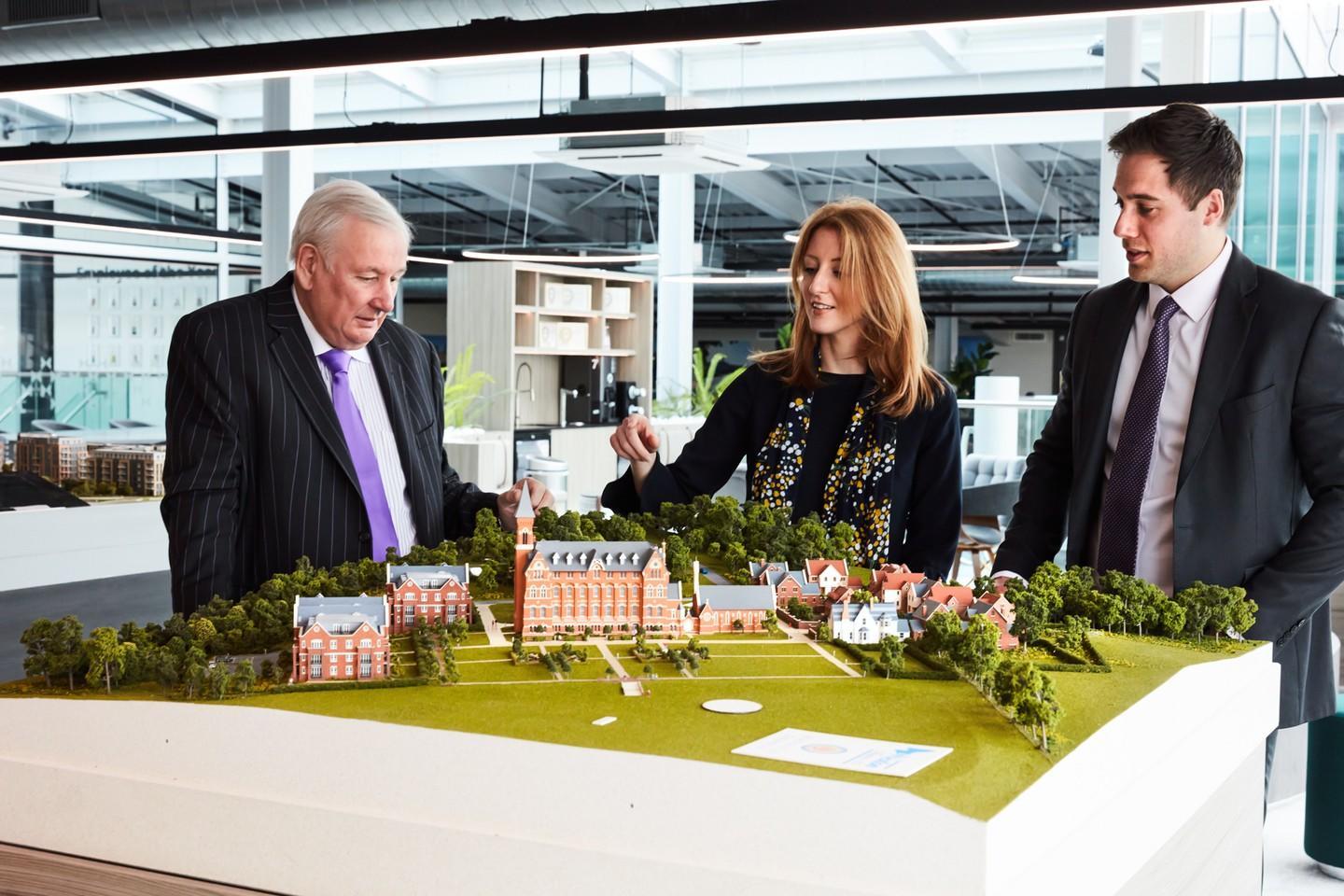
Weston Homes – first developer of fabric first
As the world grapples with the fallout of the COP26 international climate conference, it’s good to know that near to home, leading property developer Weston Homes is committed to sustainability with a passion.
“Sustainability is embedded in everything we design and build,” says Shaun Weston, managing director of British Offsite, the wholly owned manufacturing arm of Weston Homes, founded by Shaun’s father Bob in 1987. Adds Shaun: “And at the core of our commitment is fabric first.”
So what exactly does ‘fabric first’ mean?
It’s a seemingly simple approach, but in the world of building design, fabric first carries a powerful message for our homes, our energy bills, and for the planet. We’re not talking curtains, or the finer points of fashion here. This “fabric” is serious stuff. It describes the very body of our homes – the walls, roofs, floors, windows and doors.
You may have heard the term, perhaps, on the TV series Grand Designs, or seen it in architectural articles on the web or in specialist magazines, as self-build projects and one-off architect-designed homes have led the way… until now.
A radically new way of working has made Weston Homes the trailblazer in bringing affordable, accessible fabric first to British home-building on a large scale.
Why fabric should be first
It’s all to do with reducing heat loss through the use of clever building materials and construction methods for walls, floors, roofs, windows and doors, which must be highly insulated and fit together tightly. Cutting heat loss in turn cuts energy use and carbon emissions – the golden goal of modern life. And of course, what’s good for the planet is good for bringing down your household bills. That’s got to be good news, with energy prices already up by 12 per cent, and possibly soaring by 30 per cent this coming spring.
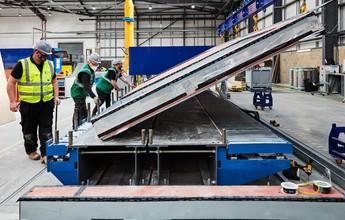
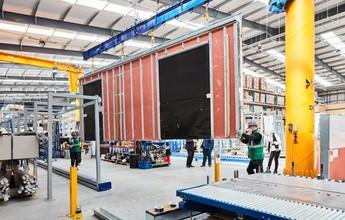
How is Weston Homes achieving this goal?
Basically, through making as much of a building as possible away from open, messy construction sites that are at the mercy of the weather and possibly mired in mud and traffic.
Weston Homes has its own two British Offsite state-of-the-art factories, where it researches, designs and builds its unique system of UNI Panels for walls, floors and roofs. Here, steel external UNI Walls are made complete with windows, doors, vents, fire-stopping and external cladding, cosily wrapped in 200mm interior insulation, with another 100mm outside for good measure. Everything is precision-made in hi-tech workshops with the latest technology. And it all fits together like the proverbial glove – airtight and draught free.
Making buildings in a factory in warm, dry surroundings means the steel sheets that make up the bulk of UNI Panels can be cut in a way that reduces waste. Best use can also be made of other materials, using automated production lines. It’s far easier to control quality than on a building site, where it could take around five trades to construct the equivalent of a UNI Wall.
Cutting your bills
This innovative approach to property development achieves low-carbon, sustainable homes that are affordable to heat – before you even consider the source/type of heating. Experts agree that it’s a far better and longer-lasting way to cut energy consumption, than simply bolting on “renewables” such as heat pumps and/or solar panels. There’s also less need for ongoing maintenance, as heat-savers are built in rather than installed.
By fine-tuning this fabric first approach to construction, new builds by Weston Homes typically achieve a B rating on their Energy Performance Certificates, or EPCs.
First introduced in 2013, EPCs are graded from A – the highest – down to G, and are required by law when property that uses energy is built, sold or rented.
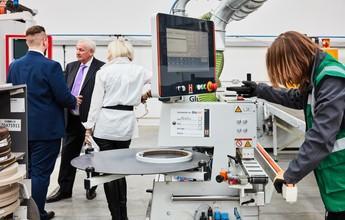
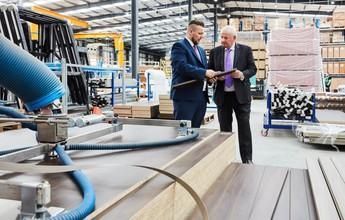
The bigger, greener picture
According to the Energy Saving Trust, around one fifth of the UK’s total carbon emissions comes from our homes, mainly from our heating, lighting and household appliances.
Back in 2019, the Government’s Future Homes Standard proposed regulations that should cut carbon emissions by 75-80 per cent for all new homes built from 2025. Details of how this will happen are still hazy, though there were more announcements in 2021. But, thanks to pressure from the Royal Institute of British Architects and other professional bodies, the Fabric Energy Efficiency Standard (FEES) – spelling out the details of fabric first – will play a central part.
Underpinned by legislation, the new regulations will hopefully future-proof all new homes with high levels of energy efficiency and low-carbon heating. The Government hopes the standard will go some way towards tackling climate change, and act as a roadmap for the industry and homeowners to reach Britain’s net zero target for 2050.
Right now, however, Weston Homes, committed to the design, manufacture and delivery of fabric first, is ahead of the game.